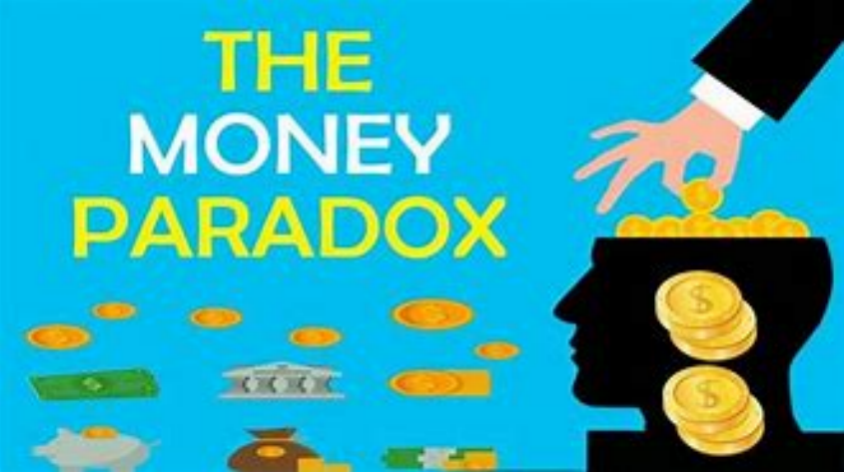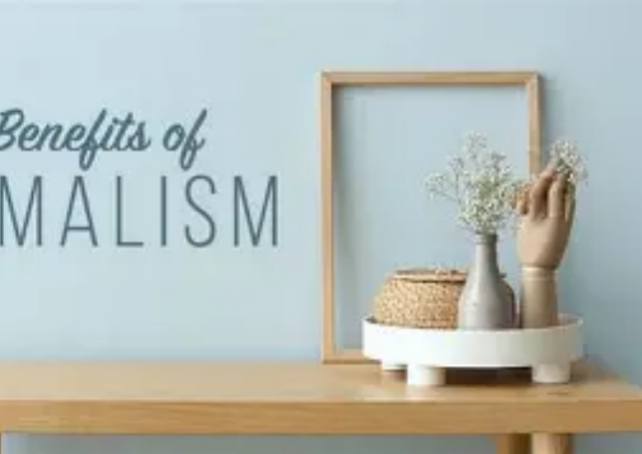In a society where luxury usually means having more, it may seem strange that wealthy people are embracing minimalism. Why would those with the means to possess everything opt to have fewer things? This choice reflects a significant change from collecting material goods to living purposefully, valuing wealth not for what you own but for the freedom, clarity, and influence it brings. For the rich, minimalism isn't about giving up; it's about wisely directing resources to what genuinely enhances their lives.

The Empty Promise of Endless Acquisition
Wealthy individuals often experience a quick decline in their joy from riches due to "hedonic adaptation." This is when luxury items, such as private jets and expensive watches, stop feeling special and become commonplace. Studies indicate that after reaching a certain income, accumulating more possessions does little to enhance long-term happiness, while consuming time, energy, and mental resources.

For instance, a billionaire who owns many homes might favor a modest apartment in the city. Although large properties carry prestige, they can also be burdensome. Managing staff and dealing with maintenance and security issues can take attention away from family and charitable activities. Embracing minimalism can free individuals from this "tyranny of things," encouraging them to see wealth as a means to enhance what truly matters, like well-being, connections, and meaningful pursuits, rather than just managing possessions.
Time as the Ultimate Luxury
For wealthy individuals, time is valued above all else as their most important asset. Ownership comes with a "time tax"; for instance, a yacht worth $500,000 requires crew meetings, maintenance checks, and planning. Meanwhile, having a well-organized wardrobe reduces decision-making stress, allowing more time to focus on what matters. Studies support the concept of "time minimalism," suggesting that having fewer options boosts efficiency.Those with significant wealth often apply the "20/80 principle," where just 20% of their belongings provide 80% of the benefit. Tech business leaders often choose a practical suit instead of a cluttered closet, freeing up hours for mentoring or charitable work.
The Legacy of Lean Living
Affluent minimalists prioritize leaving a meaningful legacy instead of accumulating luxury items. By giving artwork to museums, they help maintain culture and create mental clarity; adopting electric vehicles supports environmental goals. Notable individuals such as Buffett and Zuckerberg represent "conscious capitalism," living simply to enhance their charitable efforts. Their approach to minimalism raises an important question: Is your legacy defined by your things or by your impact?
The Psychology of Enough
Minimalism is not about giving up everything; it's about determining what is “enough” and ensuring that belongings add value instead of causing stress. For example, a luxury traveler may choose to bring only a few versatile pieces of designer clothing in a carry-on, avoiding heavy luggage. Similarly, a tech investor might set up a simple home office with just a laptop and an old desk, steering clear of unnecessary items that signal status.This idea is supported by neuroscience, which shows that messy environments can increase stress levels, while minimalist spaces can enhance creativity and concentration. Those who spend a lot on minimalism often create “cognitive sanctuaries”—like a $10 million penthouse adorned with floor-to-ceiling art but free of extra decorations—focusing on clarity of thought rather than visual distractions.
Minimalism as a Luxury Lifestyle
Minimalism is becoming the ultimate form of luxury for the rich—something only those with means can choose to embrace. This lifestyle sends a strong message: true worth comes not from what you own, but from how you use what you have. By adopting a simpler way of living, wealthy individuals find hidden rewards—peace of mind to focus on building a legacy, the freedom to pursue their passions, and the clarity to reshape their ideas of success.

For the affluent, minimalism transcends being thrifty; instead, it offers freedom. It allows them to lift the weight of having too much, avoid the stress of endless choices, and dismiss the false belief that having more is always better. In a society focused on gathering more possessions, minimalism serves as a quiet challenge, proving that real wealth is in recognizing when you have enough.




